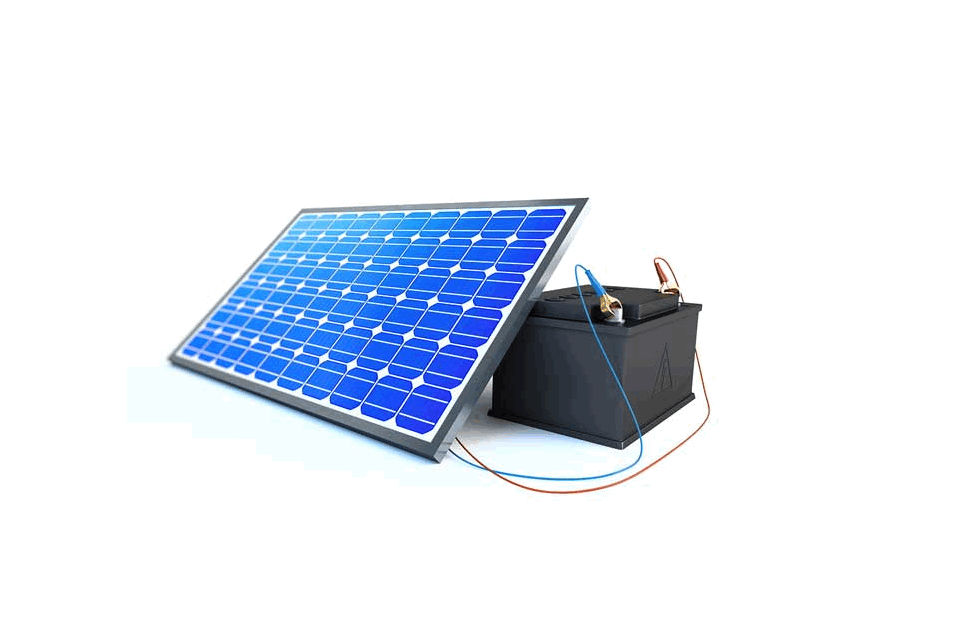Solar energy continues to experience numerous significant advances as time passes and demand increases. This upward trend is evident in the popularity of solar panels in households globally. Recent estimates state that there are more than 23 million solar panels installed in Australian homes to date. However, it takes a bit more to maximise the benefits of solar panels. That is where solar batteries come in.

This article provides important information about solar batteries and their relation to solar panels. So, keep reading to understand solar batteries’ design, purpose, functions, and capabilities. It will also help you answer the question, “why do I need a solar battery?”.
What Is A Solar Battery?
A solar battery, or home battery, is a peripheral component of a fully contained solar power system. Solar batteries are classified as accessories or additions; therefore, including one in your system isn’t mandatory.
Solar batteries serve one primary function; they collect the power that solar panels generate. This valuable attribute allows you to store energy for later use. In addition, they are helpful in periods of reduced generational output because of weather and if there is a fault with the solar panels. Therefore, these devices allow you to continuously use solar energy while reducing any potential downtime or switches.
Solar batteries store energy in two modes:
- Direct current (DC) – this is the state of the electric energy before it gets to the solar inverter. If you have a system that pays generation incentives, you will likely incur some losses with a DC system.
- Alternating current (AC) –electricity in this form comes from the inverter and is used in homes and other premises.
Why Do You Need A Solar Battery?
The primary argument for installing a solar battery is that it allows you to maximise your ability to harness, convert, and utilise solar energy. While solar systems are very beneficial, a few weaknesses rely on the assistance of a battery, including the reduced power output when unfavourable weather conditions prevail. Thus, these and other advantages make installing a solar battery worth some serious consideration.
What Are The Benefits Of Using A Solar Battery?
There are numerous advantages to adding a solar battery to your existing solar system. They include:
- The capacity to store surplus energy for later use instead of exporting it.
- The prospect of selling any excess energy present in your batteries back to the grid for a modest profit.
- The chance to reduce the amount you pay for your utility bills.
- You get to reduce your reliance on energy from the national grid.
How Much Energy Can You Store In A Solar Battery?
The energy stored in solar batteries is measured in kilowatt-hours (kWh). However, different batteries have different storage capacity ratings.
The maximum energy amount you can store in a solar battery is 15kWh- but not all models are rated as such. However, manufacturers also offer modules that you can purchase and add to a battery for increased storage- hence the ability to customise the amount of electricity you wish to store.
So, while solar batteries may be costly at the outset, their price is well worth the benefits you will gain, especially in improving your solar system’s efficiency. Therefore, don’t hesitate to certify your energy independence by installing a battery today.

“Solar batteries are a type of battery that is charged by solar power. Solar batteries can also be used in cars, boats, and RVs so that they have enough power for their needs even if they are not near a source of electricity.
The blog gives detailed information about solar batteries, it usage and benefits. Thank you for sharing the article.”